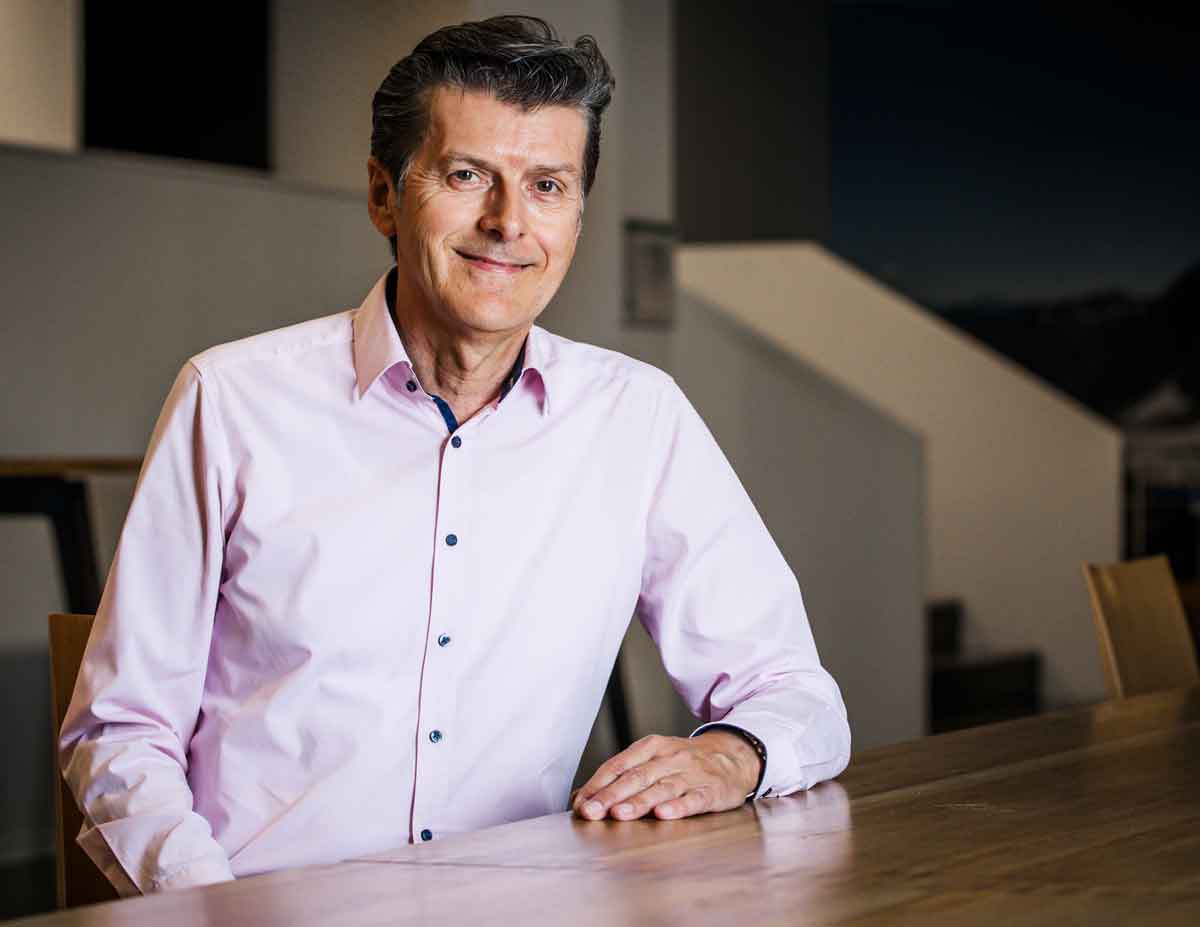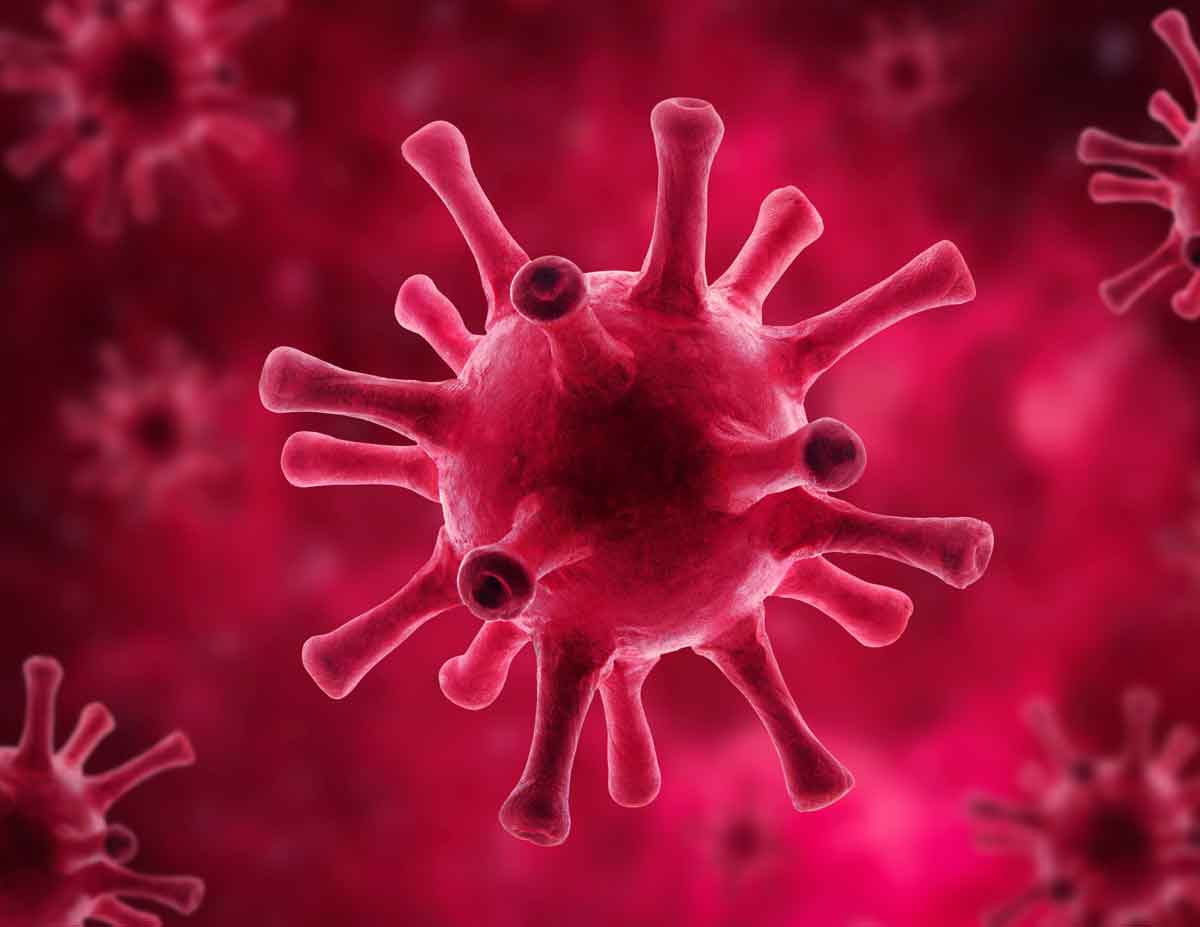
The coronavirus is currently holding the whole world to ransom. Ingo Matthes is head of the Authorisation sector's Quality Review division. He and his team answer enquiries and are responsible for reviewing the quality-related aspects of applications for variations and new authorisations of vaccines and medicinal products. Since the coronavirus outbreak, he has also been a member of Swissmedic's COVID-19 medicinal products task force. Here he explains the technical requirements associated with vaccine production.
All around the world, researchers are working flat out to find a potential vaccine for the coronavirus, among them researchers at the University of Bern and elsewhere in Switzerland. Ingo Matthes liaises closely with the researchers. “We hold what we call scientific advice meetings. A team of expert toxicologists and clinicians from Swissmedic comment on companies’ proposals, then suggest improvements that could further accelerate processes while still enabling companies to comply with safety requirements.”
Developing and authorising a vaccine
Although he is aware that “it can take up to 10 years to develop a vaccine of this type”, Matthes reassures us that “as we work with the industry, we will do everything in our power to minimise development time”. For example, there is the option of using scientific advice meetings to optimise clinical trial requirements at a very early stage and to shorten the development phase as far as possible. Clinical trials comprise three phases:
Once these three phases have been successfully completed – or possibly even earlier – an application for authorisation can be submitted. There are two types of authorisation procedure that can speed up the authorisation phase; the fast-track authorisation procedure (FTP) or the temporary authorisation procedure, for which certain clinical data can be submitted post-authorisation.
After this, the Federal Office of Public Health (FOPH) decides whether the vaccine is eligible for reimbursement by health insurance providers. Finally, the vaccine also has to be available, and it is the industry’s responsibility to ensure that this is the case. All this demonstrates that developing a vaccine is a complex process and that authorisation is anything but straightforward.
“We have to ensure that a vaccine that is administered to healthy children and adults does not cause any severe side effects”, says Matthes, summing up.
Close cooperation
As Ingo Matthes explains, international cooperation is one of the most important factors. “Close dialogue between researchers, authorities, manufacturers and countries is essential. This collaboration – driven mainly by Swissmedic – is working very well.” And how great are the chances of a coronavirus vaccine being discovered in Switzerland? “All I can really say is that Switzerland’s strong pharmaceutical industry and highly developed research and university structures mean it has excellent resources for researching, developing and producing vaccines. Nevertheless, the fact is that institutions and researchers around the world are working towards the same goal. At the end of the day, though, it doesn't matter who finds the vaccine, just that one is found as quickly as possible.”
